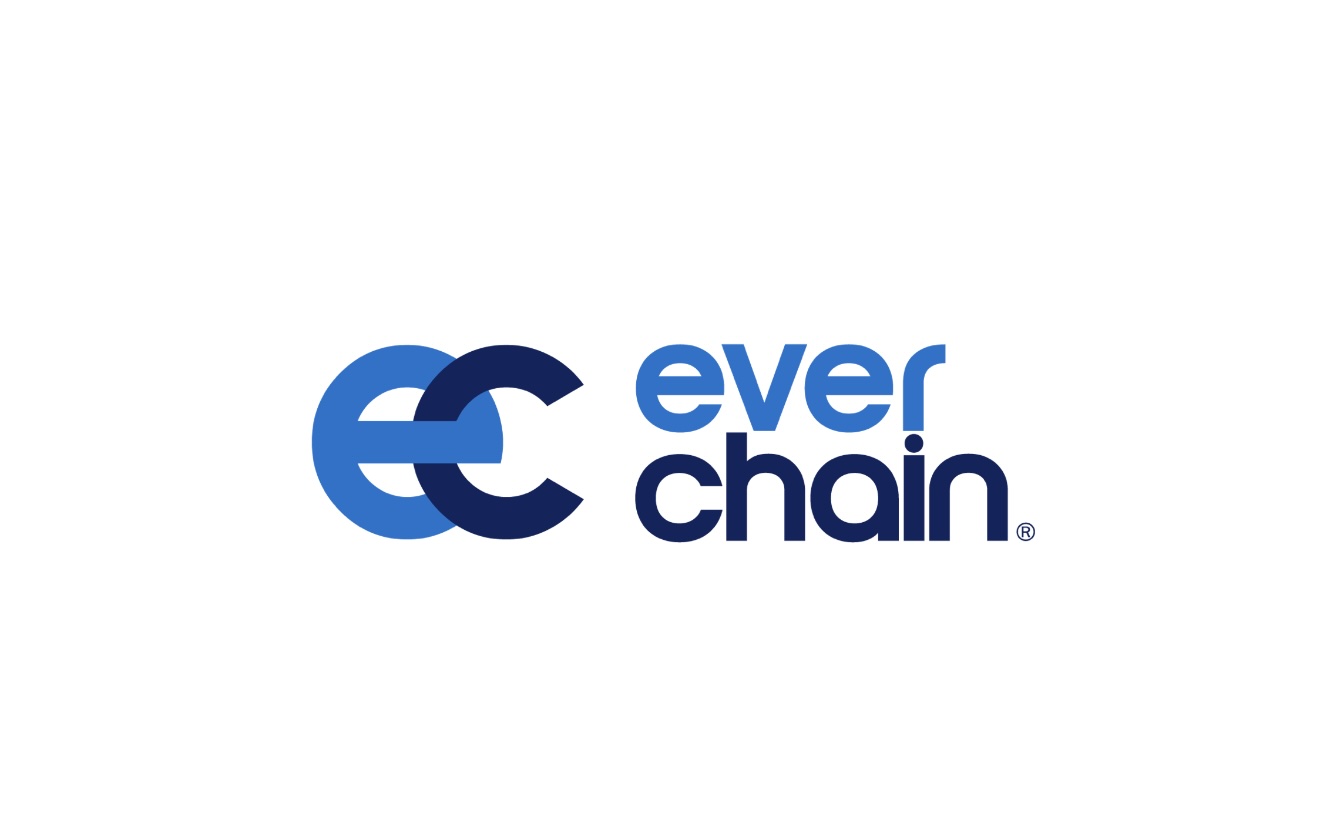Source: site

Key Changes Under Consideration
-
The revised rule is anticipated to allow banks to charge limited fees to fintechs for accessing customer data, specifically to cover the costs of maintaining secure data-sharing infrastructure.
-
Guardrails will be established so banks can only recover costs, not profit excessively from these fees.
-
The CFPB is not expected to require fintechs to have a fiduciary relationship with customers to access their data, despite pressure from banks to include this provision.
Process and Timeline
-
The CFPB may drastically shorten the public comment period, potentially offering as little as 30 days instead of the typical 60 days for major rules.
-
There is also consideration to bypass or lessen the intensity of the small business review process required for significant rules under the Dodd-Frank Act.
-
The expedited process is seen as a response to ongoing litigation and to ensure a new version is in place quickly following legal challenges to the earlier rule.
Legal and Industry Context
-
This quick revision is happening amid ongoing lawsuits brought by financial industry groups, alleging that the original rule violated the Administrative Procedure Act (APA).
-
Industry stakeholders remain divided, with banks supporting fee recovery and stronger access controls, while fintechs argue for broad, low-cost access to consumer data.
-
The previous version of the rule was blocked in court, and the current rewrite is part of efforts to address those legal deficiencies and align with the policy preferences of new CFPB leadership.
In summary, the CFPB’s approach to revising the open banking rule is likely to involve a much faster, less consultative process, allowing for limited data access fees and responding directly to recent legal and institutional challenges.




